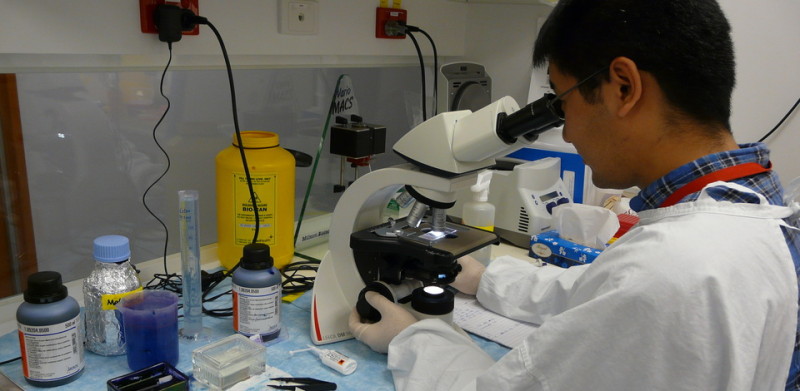Every year, a huge portion of the medical researches published turn out to be inaccurate or otherwise faulty. Stanford University now aims to open a Meta-Research Innovation Center which will examine these researches.
The problem with inaccuracies in medical researchers is that due to the poor statistical analysis and screening of many of these researches, journals tend to approve them. Once they are published in journals, many doctors believe them as is and this influences their decisions towards their patients.
This is a very serious problem because it significantly impacts the overall quality of medical treatment. The new research center in Stanford aims to mitigate this by examining ‘bad science’ and ensuring that the inaccuracies in oft-published faulty pieces of research are known to the medical community at large.
John Ioannidis, an epidemiologist, will lead the new center. Ioannidis has quite some experience in the field, having devised a statistical model in the past to determine the ratio of inaccurate or wrong papers. His model was able to reveal that nearly 80% of non-randomized studies are faulty. Not only that, a whopping 25% of the randomized trials, which are considered a quality factor for medical researchers, turn out to be wrong.
The problem is rampant in medical research and it is significant because it has real-world implications in the form of the quality of treatments. In simpler words, faulty researchers put the patient’s health, and in some cases life, on the line. This is precisely why there’s a dire need to address this issue. And to that end, the new Meta-Research center is an excellent initiative by Stanford.
Source: The Economist
Courtesy: Pop Science
[ttjad keyword=”android-phone”]





The first things to check on:
1) Who is funding them? If Industry (especially pharma- and food industry) is funding them, we can expect nothing but more disinformation.
2) do they dare touch Monsanto’s self-approved GMO hacks or big pharma’s preference for toxic symptom fighters over stuff that would shrink their market by making you healthy (and hence drop out of their customer pool?)